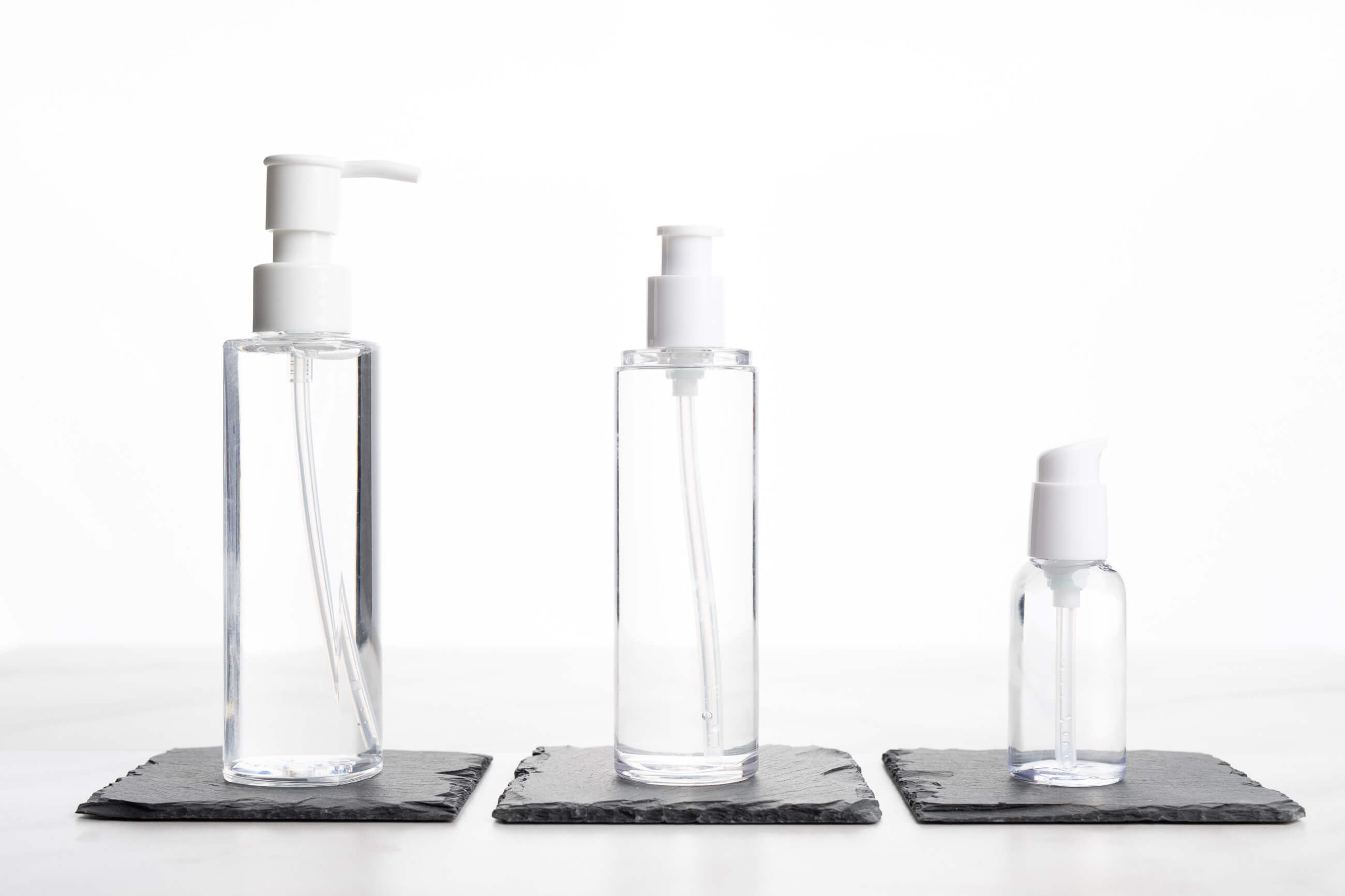Your Cart is Empty
Subscribe Items

Toner is a catchall term for water-based products that are designed to prep skin (post-cleanse) for the application of moisturizers or serums. Toners are an effective in-between step, ridding the skin of excess oil or foaming agents that can be leftover from a cleanser. They also open pores up for maximum absorption of other products. While the toners of yesteryear were typically drying (and targeted at oily adolescent skin), today’s toners are designed to treat a variety of skincare concerns, from dryness to blemishes to premature aging.

Today there’s a toner for every skin type, but it’s important to be smart when it comes to choosing ingredients. Sometimes conventional drugstore toners will result in dryness and irritation due to the presence of harsh chemicals or high concentrations of irritants. If a cleanser is overly stripping, it might result in an out of whack PH balance on your face, which can actually contribute to overactive oil production and blemishes. On the other hand, a toner with too many acidic or astringent ingredients might result in redness, dryness and inflammation. To help you avoid these mishaps, we rounded up five toner ingredients to avoid, and smart plant-based replacements to look for instead.
Alcohols
A high concentration of alcohol is a red flag on a toner ingredient list, as its presence can be aggravating to acne prone users. Alcohol combined with acidic ingredients like glycolic acid is a combination that will likely leave sensitive skin types with inflamed or irritated areas, because applying alcohol to the skin in the form of a toner effectively eliminates sebum (the skin’s natural lipid) from the epidermal layer. While too much sebum can contribute to clogged pores, eliminating sebum entirely amounts to removing your skin’s natural moisture and lubrication mechanism, resulting in dryness and dullness, or alternatively, in accelerated oil production as a overcompensatory measure.
Instead of alcohol, look for toners that contain witch hazel, a botanical extract derived from the flowering witch hazel plant. Witch hazel leaves and bark exhibit soothing, anti inflammatory, and antioxidant properties. Witch hazel is an excellent plant-based alternative to alcohol, because it’s effective at removing excess oil from the skin without stripping and drying skin to the extent that alcohol does. Because of its sebum balancing properties, witch hazel is an allstar ingredient when it comes to battling enlarged pores and ingrown hairs; it’s both calming and clarifying.
High concentrations of Salicylic Acid
Often featured in the ingredient lists of toners promising to banish acne, salicylic Acid is one of the most common over-the-counter anti-acne toner ingredients. However, used at high doses, it can seriously disrupt your PH balance. This causes redness, tightness, itching, and stinging. It can be effective at low concentrations, but at high concentrations, can result in severe dryness and even mild chemical burns. Instead, look for a toner that contains Willow Bark (which contains salicin), an herbal preparation that functions as a natural chemical precursors to salicylic acid – and has similar skin-exfoliating properties without the harsh side effects.

High concentrations of benzoyl peroxide
Benzoyl peroxide is another one of the most commonly used over-the-counter anti-acne ingredients, and can often be found in toners designed to deal with clogged pores and oily skin. It’s an antiseptic chemical that reduces bacteria on the skin’s surface, which are one culprit behind whiteheads and blackheads. And while it can be effective, high concentrations of benzoyl peroxide can also induce peeling and can accelerate signs of aging due to clinical dryness. Plus it can damage the epidermal layer and disrupt skin’s PH levels and sebum production levels. For an antibacterial solution with less harmful side effects, opt for an essential oil like tea-tree oil, which is antifungal and antibacterial, and effective at reducing swelling in inflamed lesions and blemishes.
Synthetic Fragrances
Often drugstore toners come laced with luxurious fragrances and exotic descriptions, but remember that synthetic fragrances are often the culprit behind skin’s allergic reactions to new products. “Synthetic fragrance” is an umbrella term used to describe thousands of different chemicals used by cosmetic companies (and often not revealed thanks to slippery trade secret ingredient laws). Applied topically, they can cause a number of allergic reaction symptoms, from contact dermatitis to headaches. Long term effects of synthetic fragrance absorption hasn’t fully been studied, but the unregulated natured of this ingredient means that it could pose significant health risks when applied over time. Instead, opt for a toner with a naturally derived scent profile based on essential oils, which are both therapeutic and purifying, and organically contain floral and herbal aromas.
Synthetic skin conditioners
In the past few years, countless toners have been developed to treat dry skin, with ingredient lists containing moisturizers and oil-based hydrants. Some of these toner formulas contain ingredients that fall under the category of synthetic skin conditioners, meaning simply lab-derived chemicals designed to lock moisture into the skin. However, these skin conditioners contain a variety of potential carcinogens, like phthalates and parabens. Some skin conditioners are also petroleum based; petroleum can be contaminated with polycyclic aromatic hydrocarbons, which may cause cancer.
The takeaway? If you’re looking for a toner with skin conditioning and hydrating effects, look for an ingredient list that contains natural skin conditioners like coconut oil and shea butter, or hydrosols, a favorite ingredient of ours at Puristry. Hydrosols, also known as “flower waters”, are produced through distilling plant leaves and flowers through a steam based process. The finished products are aromatic waters with very light concentrations of essential oils. Their skincare benefits derive from the botanical source of the hydrosol – one of our favorites is rose hydrosol, a soothing skin tonic that boosts radiance and helps restore moisture balance.
With these toner ingredient swaps in mind, you’ll be equipped to find the right toner for your unique skin type. Keep up with use here for more product guides!
Comments will be approved before showing up.